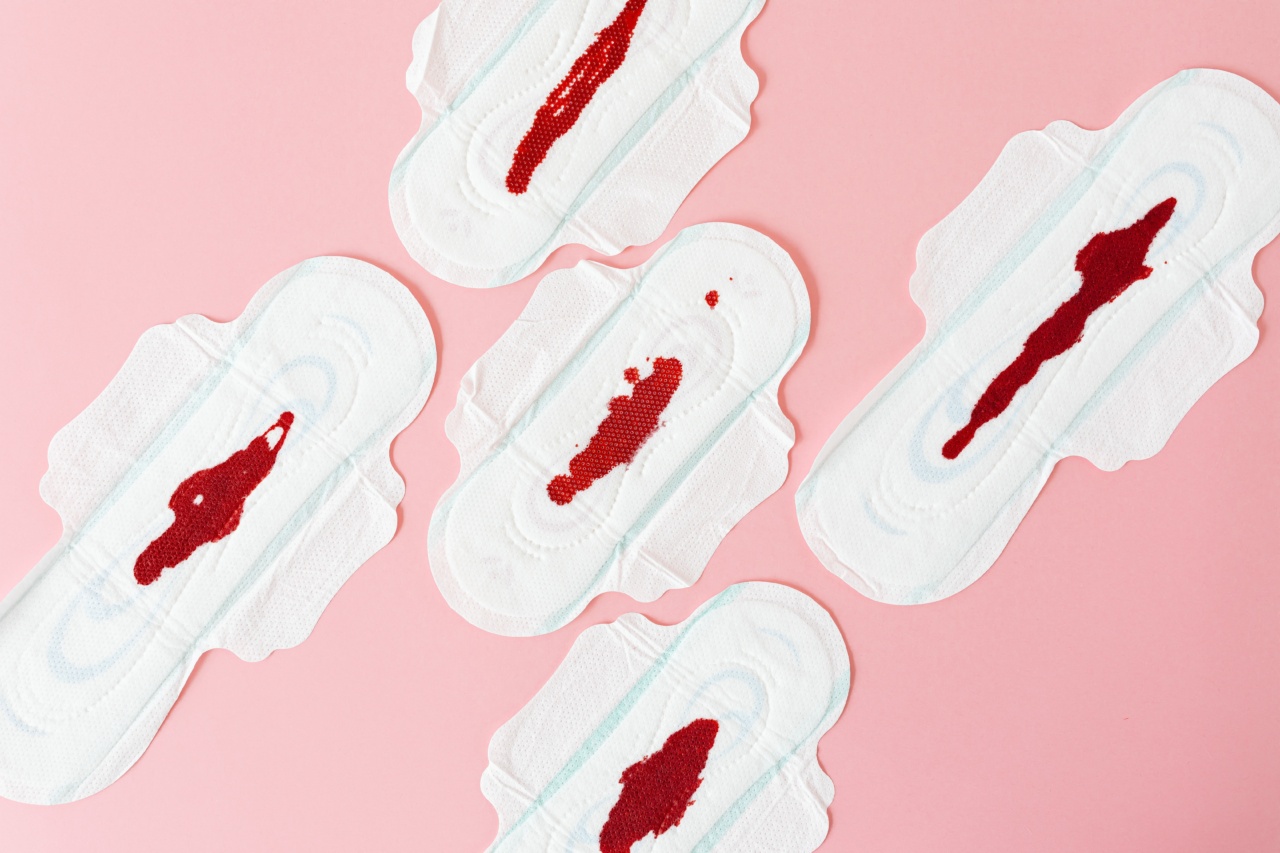Menstrual headaches are a common phenomenon experienced by many women during their menstrual cycle. These headaches are often pulsating and can range from mild to severe.
While the exact cause of menstrual headaches is unknown, hormonal fluctuations are believed to play a significant role. In this article, we will delve into the details of menstrual headaches, exploring their causes, symptoms, and potential treatment options.
Understanding Menstrual Headaches
Menstrual headaches, also referred to as menstrual migraines, are headaches that occur in relation to a woman’s menstrual cycle.
They usually occur within a few days before, during, or after menstruation and may last anywhere from a few hours to several days. These headaches typically affect one side of the head and are often accompanied by other symptoms such as nausea, sensitivity to light and sound, and fatigue.
The Role of Hormonal Fluctuations
Hormonal fluctuations, particularly a drop in estrogen levels, are believed to trigger menstrual headaches. Estrogen plays a crucial role in the regulation of pain perception and blood vessel constriction.
When estrogen levels plummet, it can lead to the dilation and inflammation of blood vessels in the brain, resulting in a headache.
Other Contributing Factors
While hormonal fluctuations are the primary cause of menstrual headaches, other factors can contribute to their occurrence and severity. These may include:.
- Stress
- Lack of sleep
- Dietary factors (such as caffeine and certain food additives)
- Dehydration
- Physical exertion
Managing Menstrual Headaches
Although it may not be possible to completely prevent menstrual headaches, several strategies can help alleviate the pain and reduce their impact on daily life. These include:.
1. Over-the-counter Pain Medications
Nonsteroidal anti-inflammatory drugs (NSAIDs), such as ibuprofen, can effectively relieve menstrual headaches. It is advisable to take these medications as soon as the headache symptoms begin for optimal results.
2. Hormonal Birth Control
For women who experience severe menstrual headaches, hormonal birth control options such as oral contraceptives, patches, or hormonal IUDs may be recommended.
These methods regulate hormone levels, potentially reducing the occurrence and severity of menstrual headaches.
3. Lifestyle Modifications
Adopting a healthy lifestyle can contribute to the management of menstrual headaches. This includes managing stress levels, getting enough sleep, maintaining a balanced diet, staying hydrated, and incorporating regular exercise into daily routines.
4. Alternative Therapies
Some women find relief from menstrual headaches through alternative therapies such as acupuncture, massage, and relaxation techniques.
These methods help promote relaxation and reduce stress, potentially mitigating the frequency and intensity of headaches.
5. Tracking and Identifying Triggers
Keeping a menstrual headache diary can help identify patterns and potential triggers.
By noting when headaches occur and any associated factors such as food, stress, or sleep patterns, women can gain insight into their personal triggers and take preventive measures accordingly.
When to Seek Medical Help
While most menstrual headaches can be managed through self-care measures, there are instances where medical intervention may be necessary. It is advisable to seek medical help if:.
- The headaches are severe and accompanied by unusual symptoms
- The headaches significantly interfere with daily activities
- The pattern or intensity of headaches suddenly changes
Conclusion
Menstrual headaches can be a recurring and bothersome experience for many women. Understanding the hormonal fluctuations and other contributing factors is crucial in managing these headaches effectively.
By implementing lifestyle modifications, utilizing pain relief medications, exploring hormonal birth control options, and identifying personal triggers, women can take proactive steps towards finding relief from menstrual headaches.


























